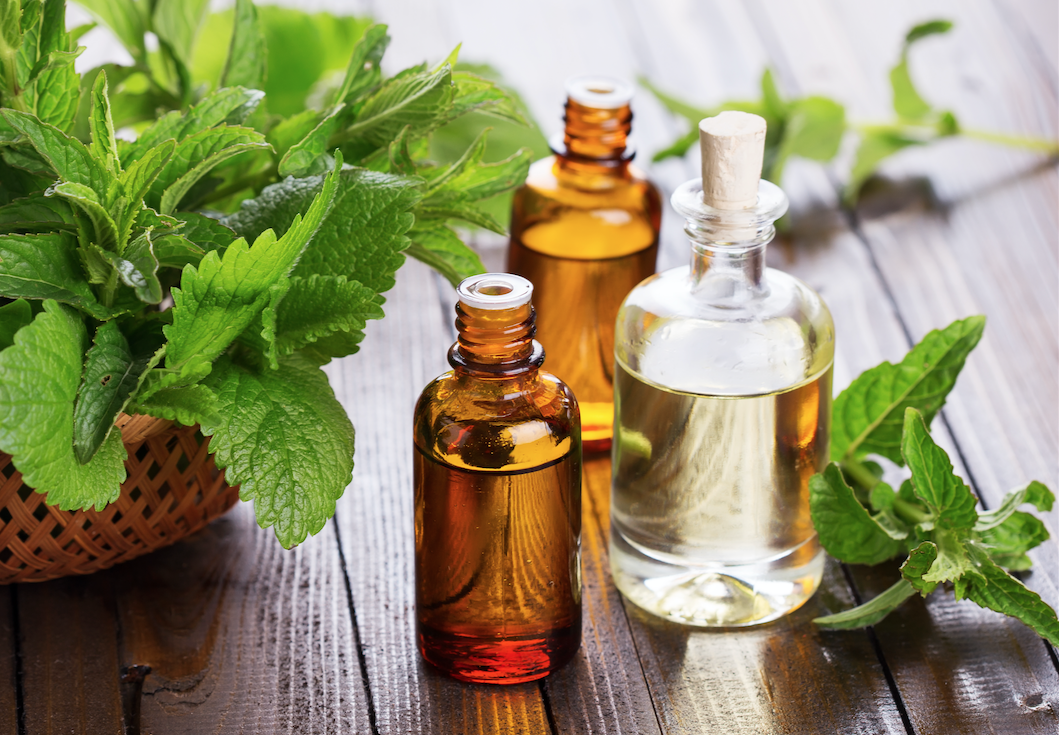CTPA slams “entirely false” cosmetics advice in Breast Cancer UK campaign

The Cosmetics, Toiletries and Perfumery Association (CTPA) has issued a statement refuting claims made by breast cancer charity Breast Cancer UK that non-natural and organic cosmetics could cause breast cancer.
Breast Cancer UK launched a campaign called #DitchTheJunk along with an infographic that urged women to “use fewer cosmetic products, and use them less often” and to seek advice from “natural beauty blogs” about which products “do not contain harmful chemicals”.
The charity is concerned about potential endocrine-disrupting chemicals that are able to mimic oestrogen and lead to unsafe levels of the female hormone in the body, resulting in an increased risk of developing breast cancer.
The infographic suggested women “search online for ‘natural’, ‘organic’ or ‘chemical free’ cosmetics” to find “safe alternatives”.
The CTPA called the claims that beauty products contain ingredients linked to breast cancer “entirely false” and said, “Such a misleading claim will cause unfounded and unnecessary alarm and worry for consumers, and especially for anyone suffering from breast cancer.”
Dr Emma Meredith, director of science at the CTPA, commented: “Please let me provide the reassurance that if an ingredient as it is used in a cosmetic product could cause cancer it would, quite simply, be banned from use. I want to stress that the allegations [made by Breast Cancer UK] regarding the possibility of harm coming from the ingredients in cosmetic products is simply not true, regardless of how many times these stories are repeated on the internet or through social media.
“We can all have confidence in the safety of our cosmetic products because there are rigorous laws in place to assess and confirm their safety, which is why they are safely used daily by millions of people worldwide.”
Concerns crop up from time to time over possible endocrine-disrupting ingredients found in cosmetic and personal care products. UV filter oxybenzone and anti-bacterial agent triclosan have been called into question in recent years, though neither has been proven to have an estrogenic effect in humans. Rather, in some cases studies have shown these chemicals to have an effect on rats or mice exposed to amounts of the chemicals larger than is recommended for human use, and via ingestion through the mouth as opposed to application to the skin.

